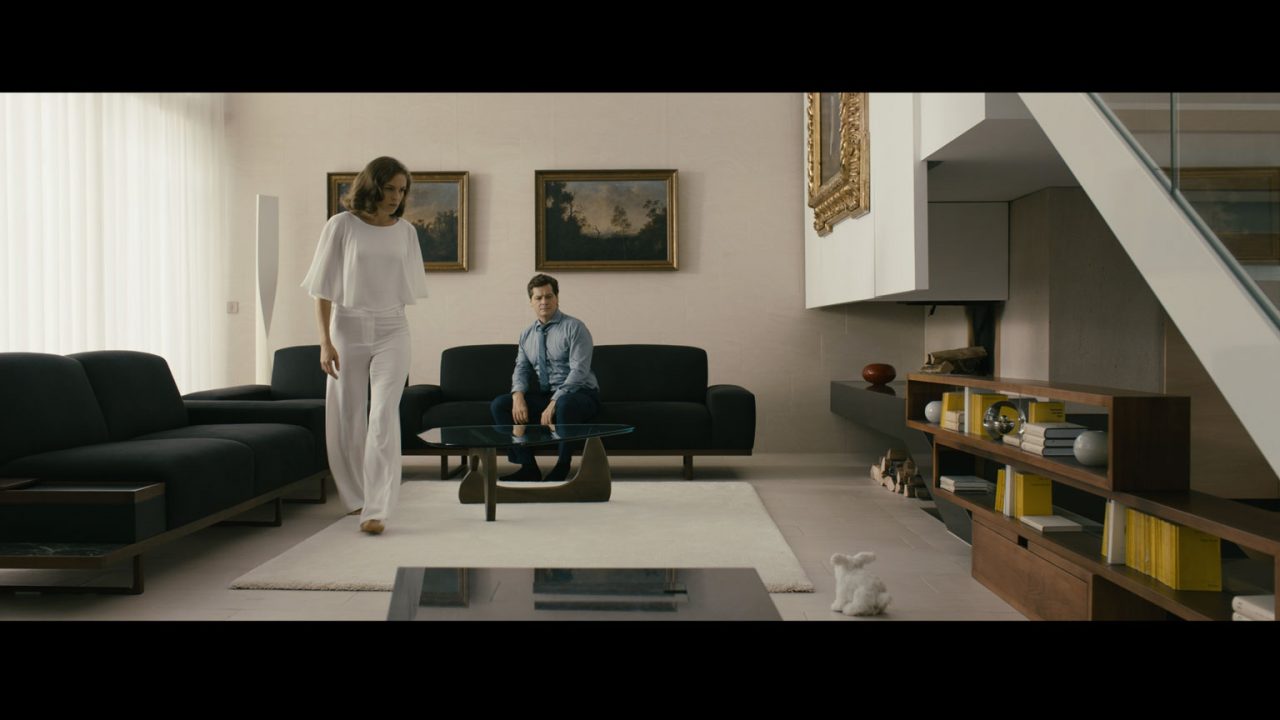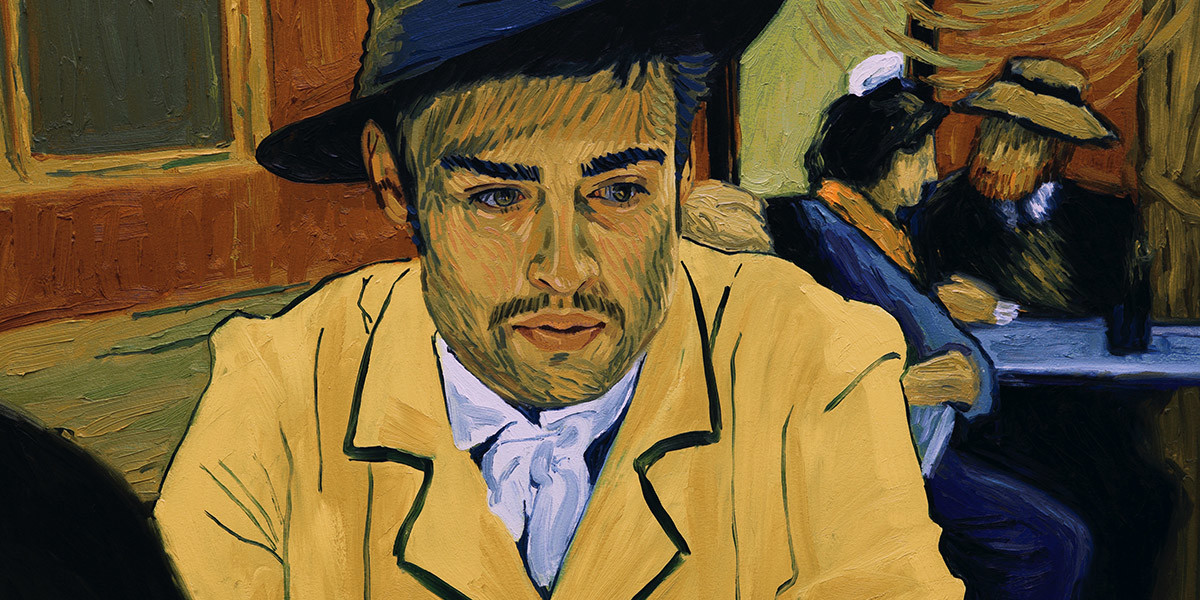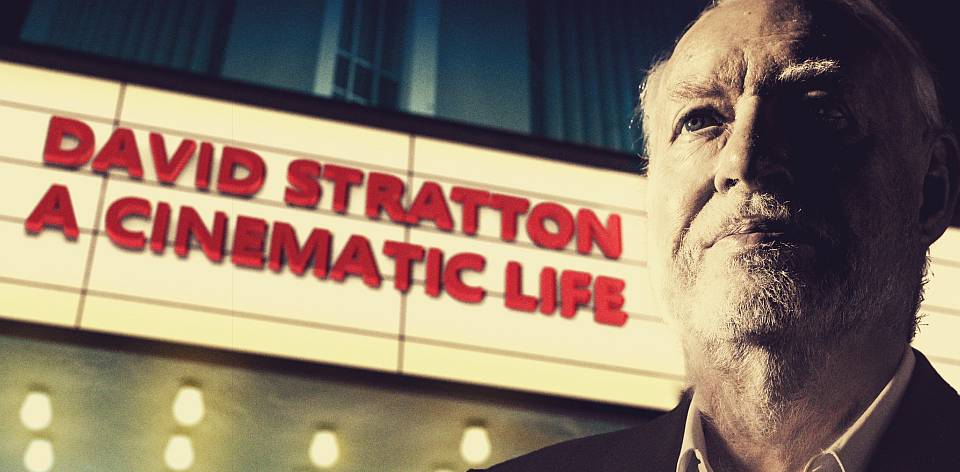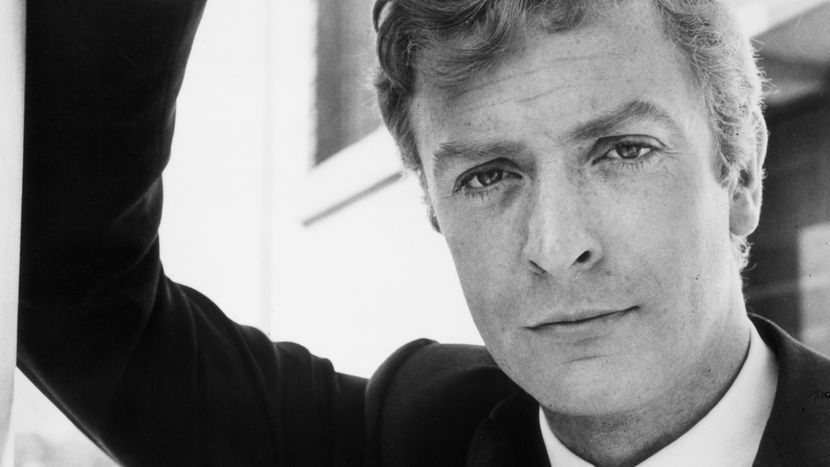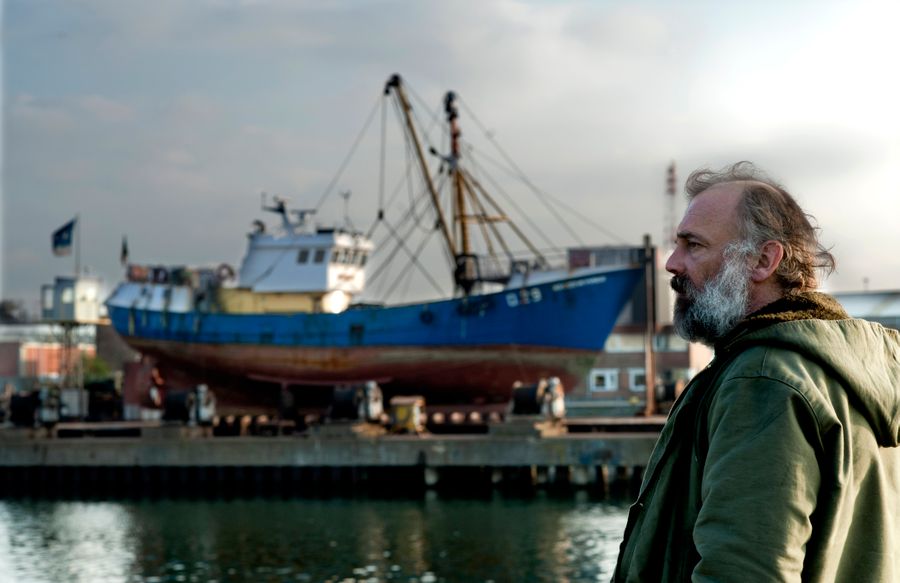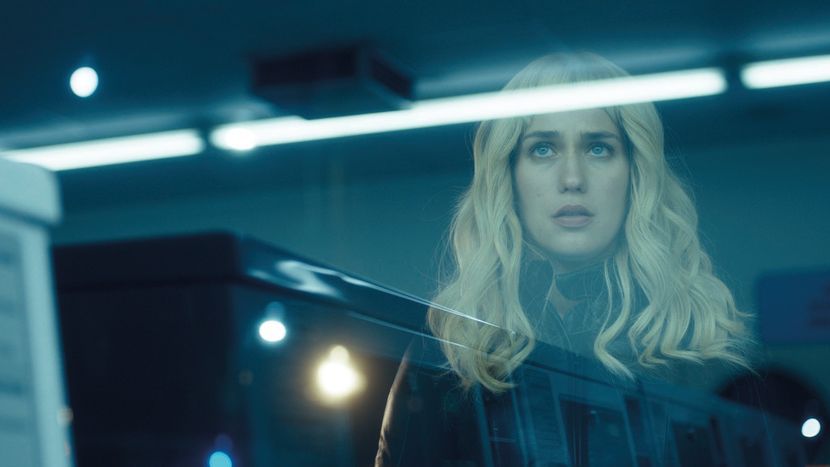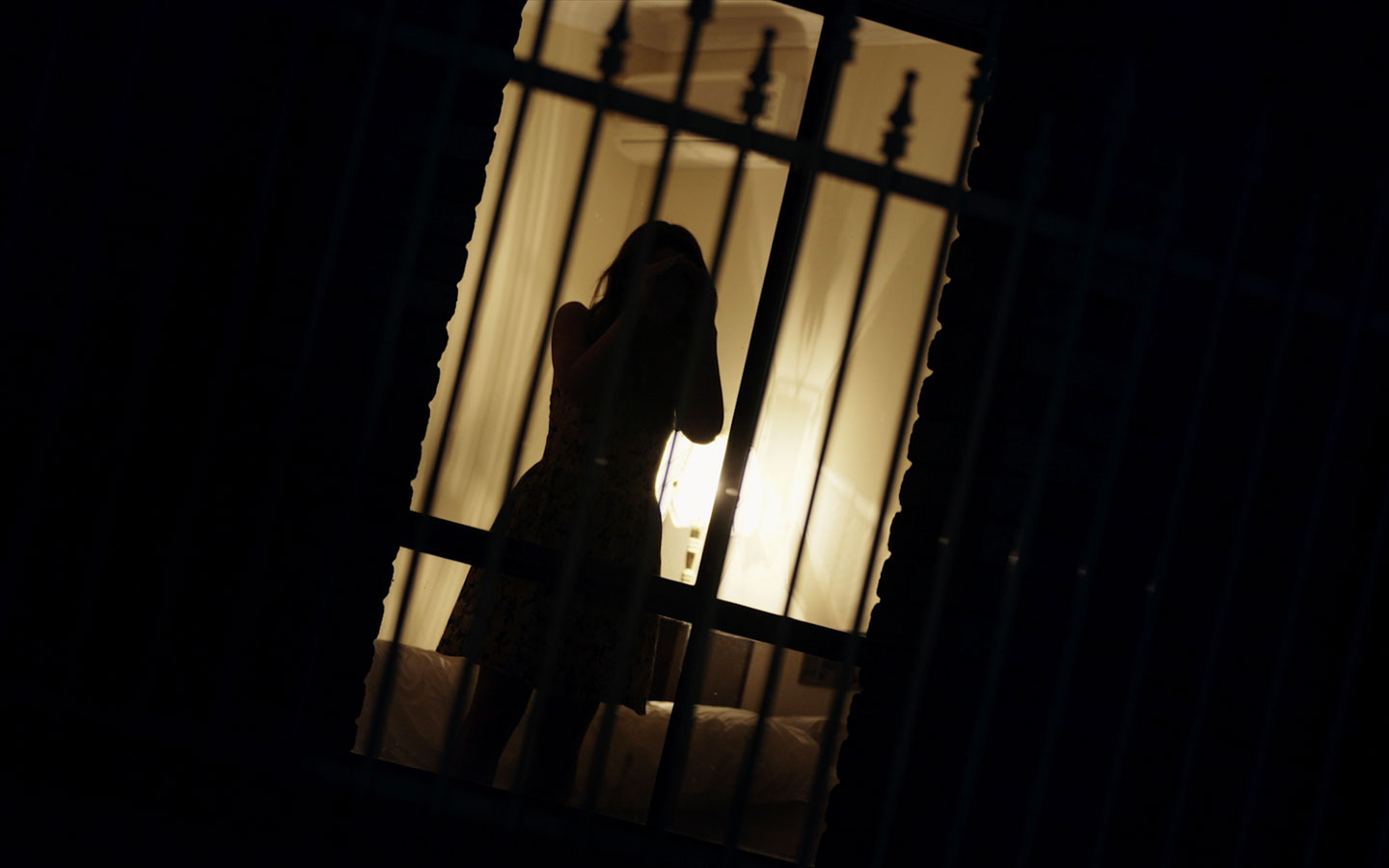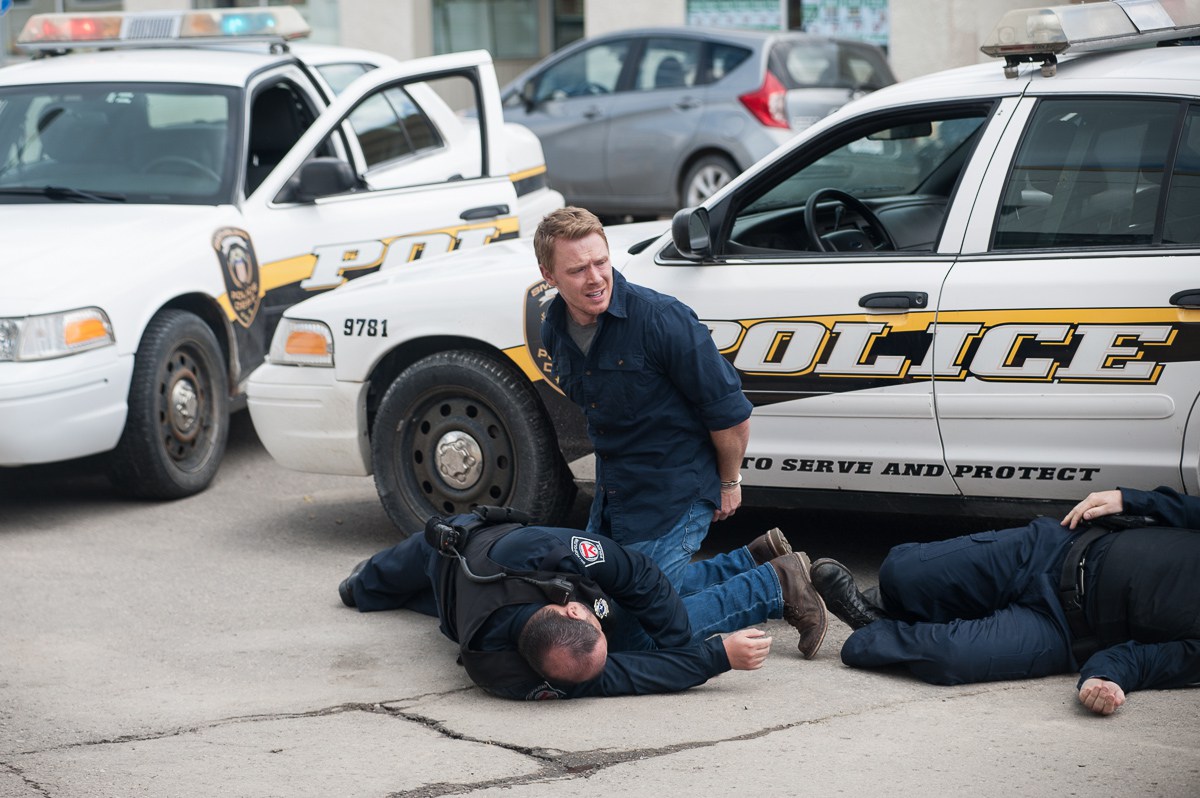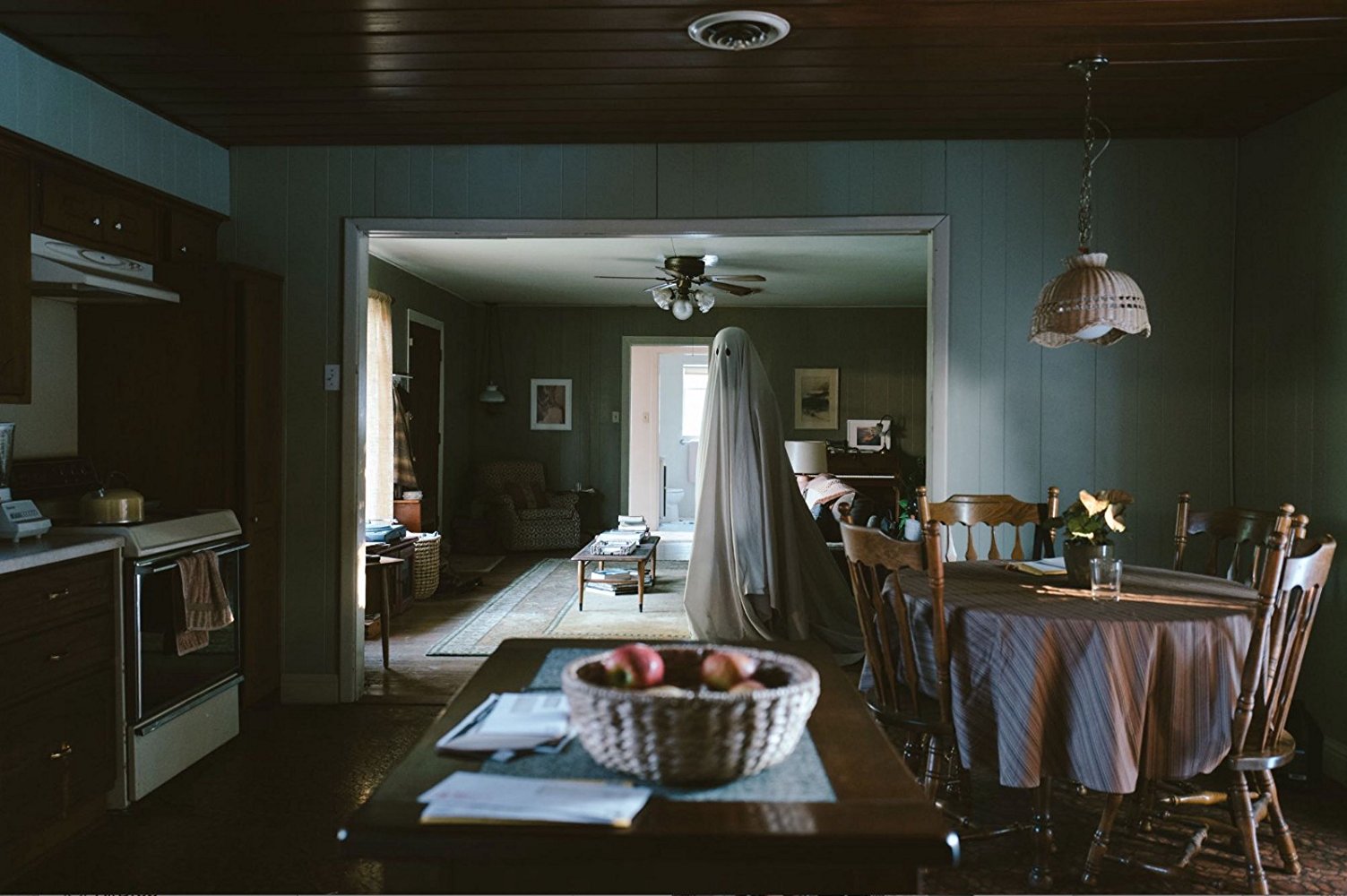This film is about choosing a direction in life and how much help you really want or need; and Life Guidance certainly needs some help choosing a direction. The beginning of the film is essentially an update of Fahrenheit 451, with Alexander Dworsky (Fritz Karl) providing a Montag somewhat less flighty than Truffaut’s version, and his career choice is also a great deal more mundane – he is a futures…
Read MoreLFF 2017: Loving Vincent Review
Biography is difficult. It’s tough to fit a life history and useful insight into the subject’s character into 90-odd minutes, and too often films about creatives are simply too long. Loving Vincent neatly solves this problem by wrapping the storytelling around van Gogh’s work itself, capturing both very neatly, and then turning the whole result into a living, breathing painting, put together by a hundred artists working over two years to…
Read MoreLFF 2017: David Stratton: A Cinematic Life
David Stratton: A Cinematic Life is a simple idea superbly executed: tell the history of Australian cinema through eyes of a man who is arguably its most famous critic. Sally Aitken’s film is a fascinating portrait of one man’s passion for film, a love letter to his adopted country (Stratton was born into a conservative middle-class family in Trowbridge, Wiltshire).and how a national cinema gained maturity and global acclaim.
Read MoreLFF 2017: My Generation
My Generation is Michael Caine’s personal take on the swinging sixties; the decade that brought fame and success for many working-class upstarts in the world of film, music, fashion and the visual arts. As one of the film’s producers, Caine works with documentarian David Batty and screenwriters Ian La Frenais and Dick Clement to weave a portrait of a decade for which the term “unreliable narrator” seems to have been…
Read MoreLFF 2017: Cargo
Cargo is the remarkably confident and moving debut of Belgian writer/director Gilles Coulier. With a natural gift for dramatic realism, Coulier puts the viewer in the centre of a battered, but not beaten family of 3 brothers trying to keep their trawling business alive off the Northern European coast. When their father has a stroke during a particularly rough voyage, the brothers are confronted with the harsh reality that the…
Read MorePickups – LFF 2017 Review
Pickups is the third collaboration between actor Aiden Gillen and writer/director Jamie Thraves. Back in 2000, Thraves give Gillen one of his first big roles in the indie Low Down and the two have kept in touch between the former’s work in commercials and music videos and the latter’s perfor-mances in TV series like The Wire and Peaky Blinders. Pickups is a frustrating mix of meta-fiction and character study where…
Read MoreGemini – LFF 2017 Review
Gemini makes the most of its low budget and largely unknown cast thanks to its Los Angeles setting and neo-noir storyline. This is Aaron Katz’s fifth feature and it deserves to be the film that breaks him out of the film festival ghetto his work has largely circulated in. Lola Kirk is Jill, the wise, long suffering assistant to Zoe Kravitz’ Heather Anderson, a young star whose mercurial temperament makes…
Read MoreFrightFest Film Review: 3rd Night
The dark opening sequence hangs heavily over the rural idyll shown in 3rd Night. Somewhere between B-movie and video nasty, a little girl is running around the woods, with the industry standard grisly event; but the soundtrack is brilliantly disturbing and unearthly, and the pace is well-judged. The nursery rhyme the child is singing drives everything else that unfolds in this movie.
Read MoreFrightFest: Radius
Making its European premiere at this year’s Horror Channel Frightfest, Radius is a new horror scifi feature directed by Caroline Labrèche and Steeve Léonard. Although offering an intriguing premise and a genuinely promising storyline, the film sadly fails to live up fully to expectations, but don’t let that put you off too much, because there is plenty more to like in this ambitious production which is likely to please genre…
Read MoreFilm Review: A Ghost Story
Once in a while a film comes along which affects you in more ways than you could have ever imagined. Heralded by some as one the best movies to come out of Sundance this year, David Lowry’s A Ghost Story is an incredibly well executed exercise is subtly and an engenoius masterclass in clever filmmaking. Centring around ideas of loss, legacy and the need for human connection, the film is…
Read More